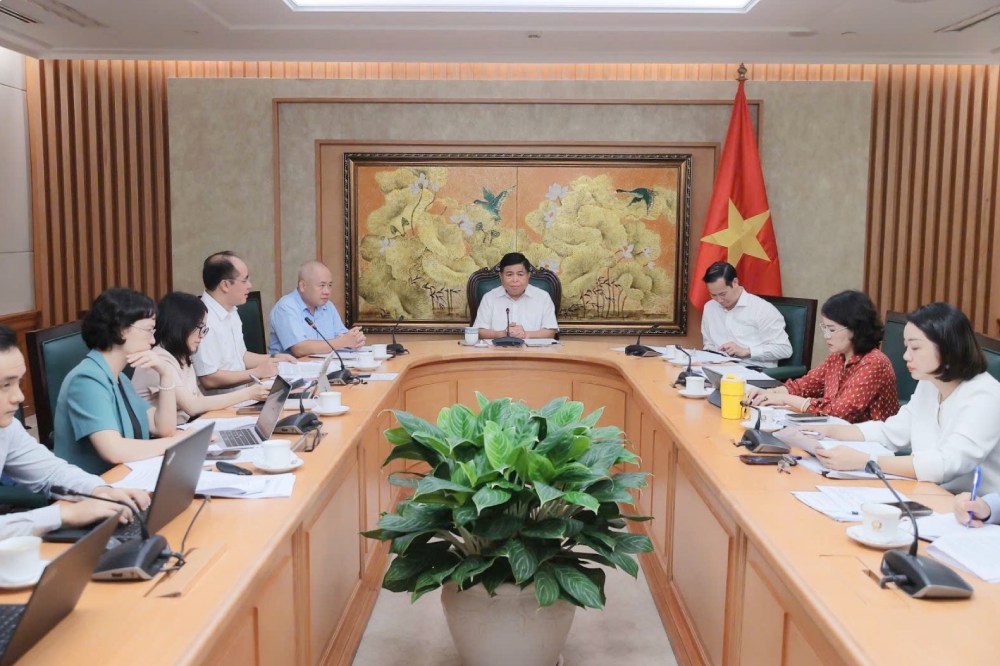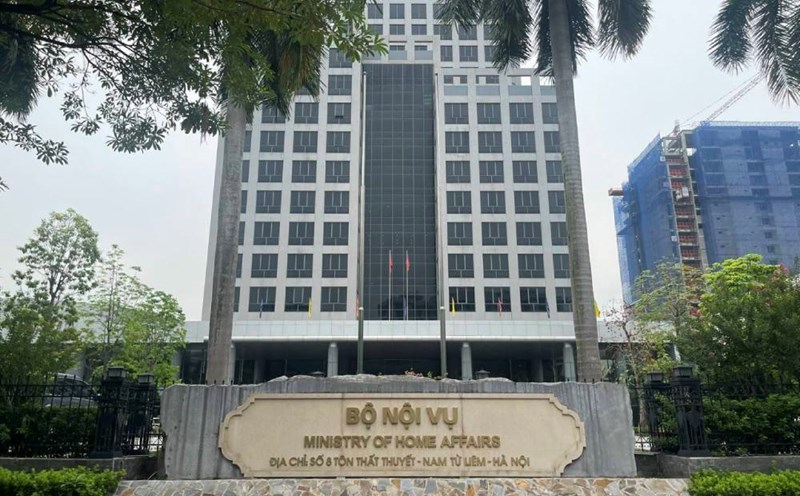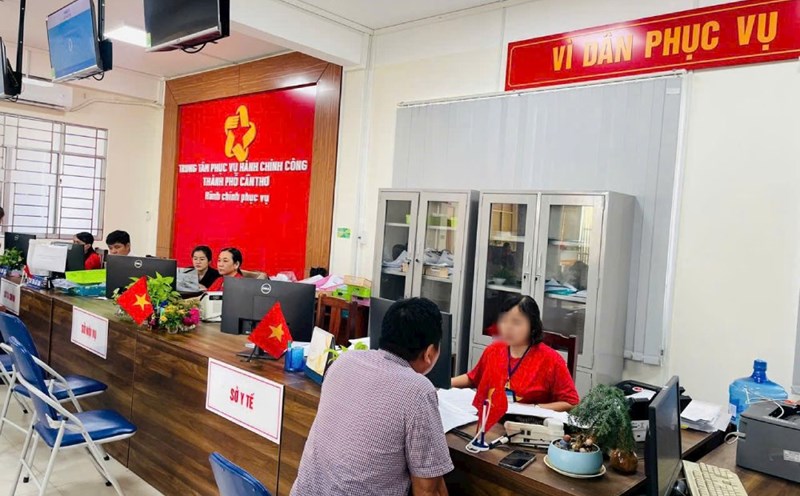On September 26, at the Government headquarters, Deputy Prime Minister Nguyen Chi Dung chaired a meeting to review the implementation of Resolution 68-NQ/TW (Resolution 68) dated May 4, 2025 of the Politburo on private economic development.
According to the report, it is expected that in 2025, 520 administrative procedures (APs) will be abolished, simplifying 2,421 APs. The total number of administrative procedures expected to be cut and simplified is 2,941/4,888 administrative procedures related to production and business activities (reaching about 60.2%); it is expected to cut 2,263 business conditions in conditional business sectors and professions (expected to reach 31%).
Since Resolution 68 was issued, on average, more than 19,100 new enterprises have been established each month, an increase of nearly 48% compared to the average of the first 5 months of the year.
On average, the number of enterprises entering and re-entering the market grew strongly, reaching more than 31,500 enterprises/month, an increase of about 27% compared to the average of the first 5 months of 2024.
In the first 8 months of 2025, the whole country had more than 209,240 enterprises entering and re-entering the market, 30% higher than the number of enterprises withdrawing from the market.
Along with that, the number of newly established business households also recorded remarkable growth, with more than 118% over the same period in 2024. In the first 6 months of 2025, nearly 13,700 business households paid contract tax converted to tax payment according to the declaration method and nearly 1,480 business households converted to enterprises; in June alone, 910 households converted.
In addition to the achieved results, the implementation of the Resolution in the locality is still slow, not as expected, the qualifications of grassroots cadres have not yet met the requirements.

Concluding the meeting, Deputy Prime Minister Nguyen Chi Dung emphasized the goal of creating an environment and a mechanism to mobilize idle capital from the people to the economy. From there, spreading the national startup movement, promoting business activities of the private sector.
"Successful implementation of Resolution 68 is when creating confidence for businesses to feel secure and boldly invest", the Deputy Prime Minister said and said that the atmosphere and spirit of implementing the Resolution up to this point is generally good and exciting.
However, the Deputy Prime Minister noted that ministries, branches and localities must strengthen the review of specific projects, projects and programs. The host agencies need to try harder, promote responsibility, cover and advise promptly.
Regarding administrative procedures, the Deputy Prime Minister assigned the Ministry of Finance and the Ministry of Justice to strictly control the issuance of new ones, avoiding the situation where "cutting old administrative procedures but issuing new administrative procedures is not really necessary".
In addition, relevant agencies should review, control and promptly warn of tasks at risk of expiration. If the implementation situation creates new requirements according to "breath of life", it must be reported and proposed to the Steering Committee to supplement and perfect mechanisms and policies. For overdue tasks, we must focus on urging and promoting.
"Immediately implement support policies for business households to switch to enterprises, find out if there are barriers and any concerns? The purpose is to create a wave of conversion from business households to enterprises", the Deputy Prime Minister suggested.










